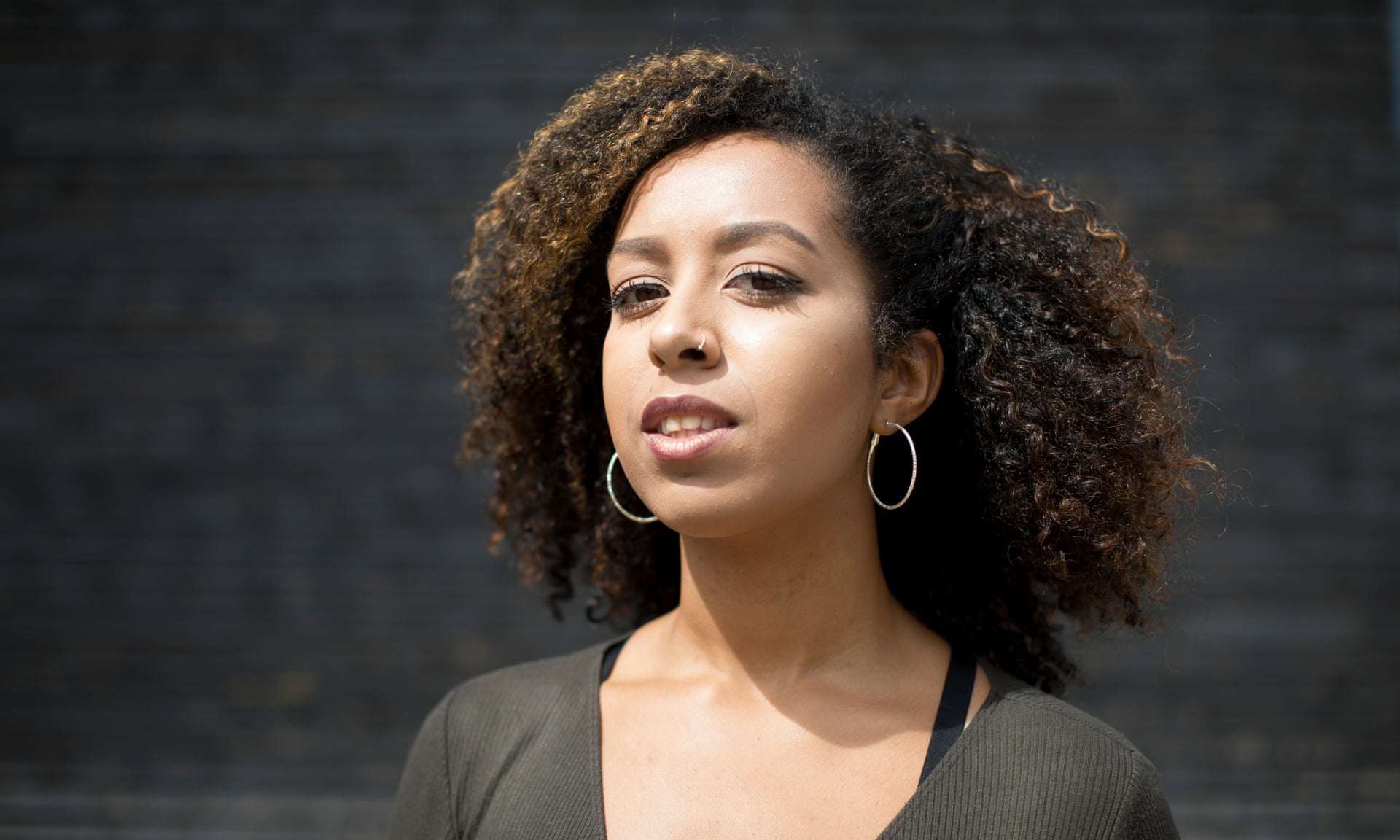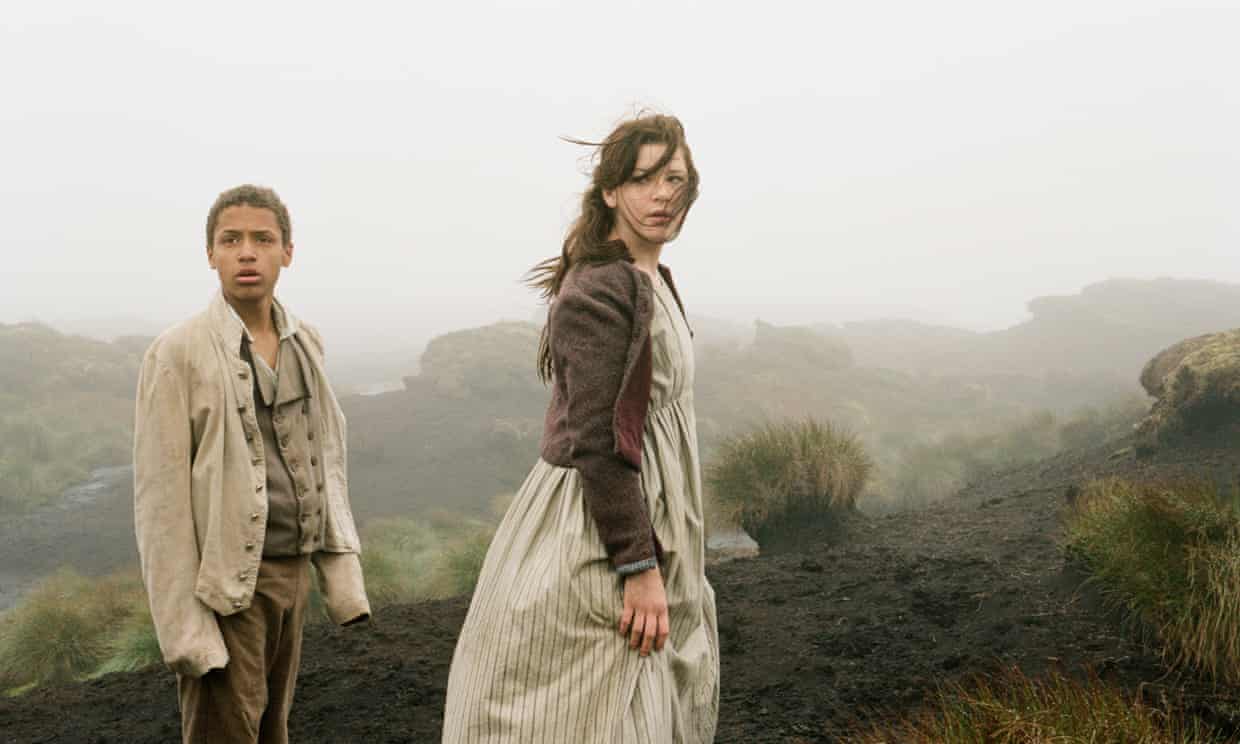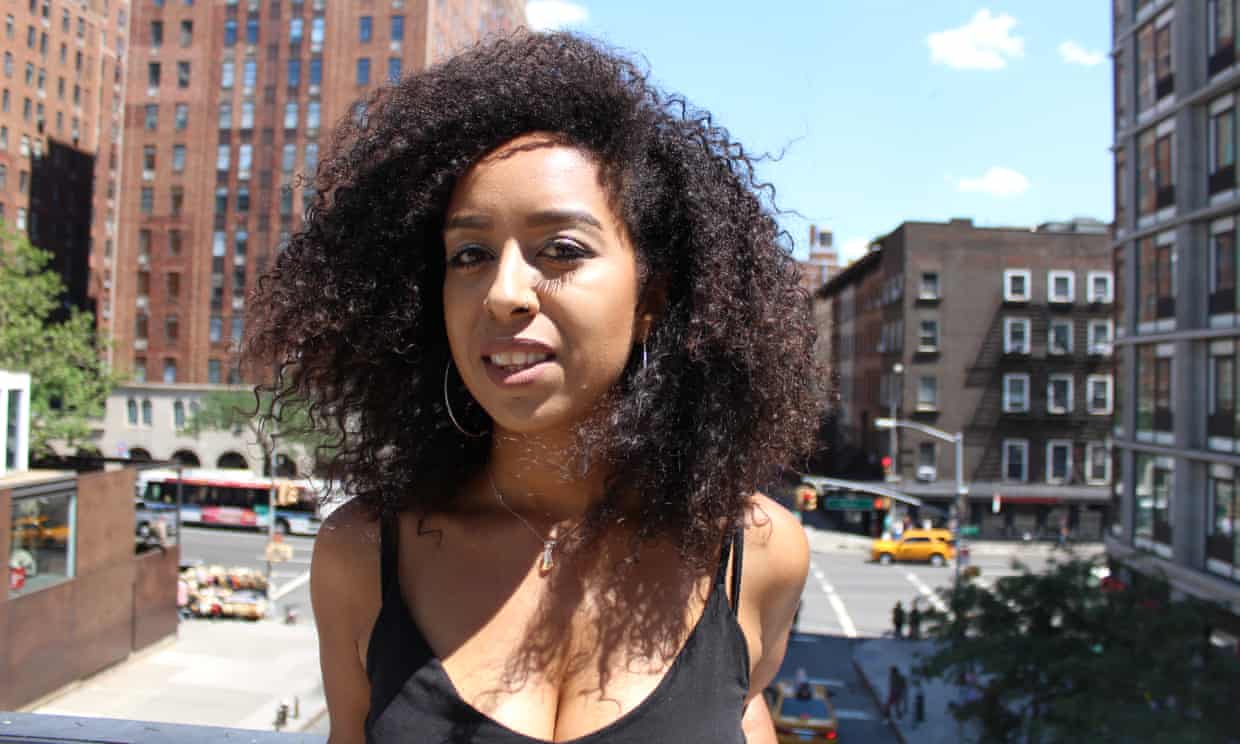They Were Black. Their Parents Were White. Growing Up Was Complicated.Posted in Arts, Autobiography, Book/Video Reviews, United Kingdom, United States, Women on 2021-03-06 22:48Z by Steven |
They Were Black. Their Parents Were White. Growing Up Was Complicated.
The New York Times
Book Reviews
2021-02-23
 Georgina Lawton (Left), Rebecca Carroll (Right) Jamie Simonds/Loftus Media, Laura Fuchs |
Georgina Lawton, Raceless: In Search of Family, Identity, and the Truth About Where I Belong (New York: Harper Perennial, 2021)
Rebecca Carroll, Surviving the White Gaze, A Memoir (New York: Simon & Schuster, 2021)
For most of us, racial identity is a combination of inheritance (you are what your parents are) and influence (you’re a product of where and how you were raised). But what if you are raised by people who didn’t look like you, in communities where you were the only one, steeped in a culture whose power was amassed through your oppression?
In a pair of new memoirs — “Surviving the White Gaze,” by the American cultural critic Rebecca Carroll, and “Raceless: In Search of Family, Identity, and the Truth About Where I Belong,” by the British journalist Georgina Lawton — two women recount growing up as Black girls with white parents who loved them deeply but failed them miserably by not seeing and celebrating them for who they were…
Read the review of both books here.





